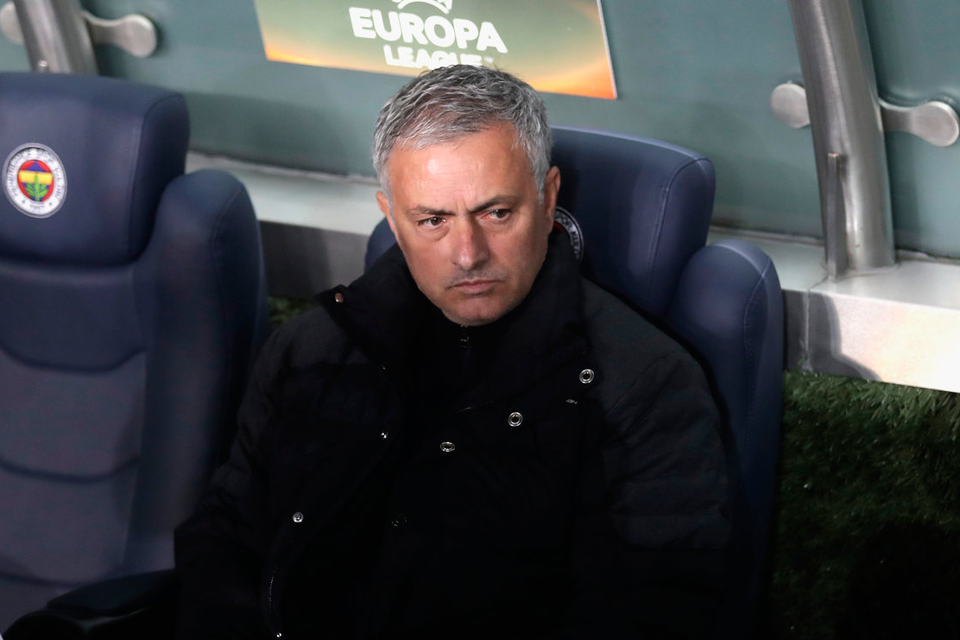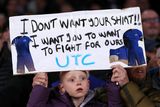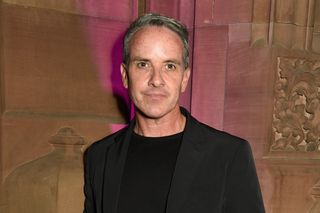How Fenerbahce loss proved the turning point for Mourinho
Jose Mourinho was furious after Manchester United’s defeat in Turkey last month. Photo: Getty
November 3 feels like a turning point for Manchester United. With the days getting shorter and shorter, Jose Mourinho's team slumped to a disappointing defeat at Fenerbahce that meant they dropped to third in their Europa League group, while their Premier League campaign had started slowly, to say the least.
Ten games in, United were already eight points behind Manchester City, Arsenal and Liverpool, having won just four times, and after this loss, Mourinho decided against holding back in his assessment. "Football is not just about quality, it's also about effort, commitment, playing to the limits and giving everything," he said. "A team that concedes a goal after two minutes is a team that is not ready, not prepared, not concentrated. It's our fault.
"After their second goal we had a reaction but we didn't deserve more because football is 90 minutes and it is to be played at the maximum of your desire, concentration and capacity.
"We started the game asleep. I know we have a problem because it is difficult to play away from home with two left-backs as central defenders [Daley Blind and Marcos Rojo]. You have to be stronger mentally and start the game in a different way than we did."
At the time it was difficult to see how his scathing comments would help. It was, however, a watershed and this is how United have turned the corner.
Responded to Mourinho
The loss to Fenerbahce meant United had won only nine of Mourinho's first 17 games, losing five times. Since that defeat, they have won eight of 11 and have not been beaten once. Qualification for the Europa League knockout rounds was sealed comfortably, and they have risen to sixth in the Premier League, seven points behind second-placed Liverpool.
Key partnership
Zlatan Ibrahimovic's form has been key, with the Swede having hit 17 goals in all competitions, including nine in his past eight games. In that run he only failed to score in the win over Tottenham, and he now has an astonishing 50 goals to his name in 2016. Among Europe's major leagues only Lionel Messi, with 51, has more, but Ibrahimovic has the chance to overtake the Barcelona star - already on his winter break - in Saturday's game at home to Middlesbrough.
He has struck up a clinical partnership with Paul Pogba, who is beginning to shine after a slow start following his world-record return to Old Trafford. After failing to get any assists in his first 16 league and European appearances, Pogba has four in his past seven games; each has been for an Ibrahimovic goal.
Carrick's recall
A defence who not so long ago were conceding three goals at Watford to make it three defeats on the bounce, are now looking far more reliable. They have let in just two goals in their past five games and have not conceded more than one in any game since the loss to Fenerbahce.
The reintroduction of Michael Carrick at Marouane Fellaini's expense at the base of midfield has provided greater protection, while his passing has meant United can better suck the life out of games by keeping hold of the ball for longer periods.
Phil Jones
Jones's return to fitness has been crucial, with the man Alex Ferguson once said "could be United's best ever player" a constant in Mourinho's improving side.
He is the centre-back that United were missing in Istanbul and so much has improved since his return. They have conceded 0.6 goals per game since November 4, down from 1.1 per game prior to that date. They are looking much more like a Mourinho team, both more compact and organised, with the number of shots they face having dropped from 9.3 per game to 7.5 since November 4. Jones, plagued by injury in recent years, has played 90 minutes in eight consecutive Premier League games for only the fourth time in five years at United. (© Daily Telegraph, London)














